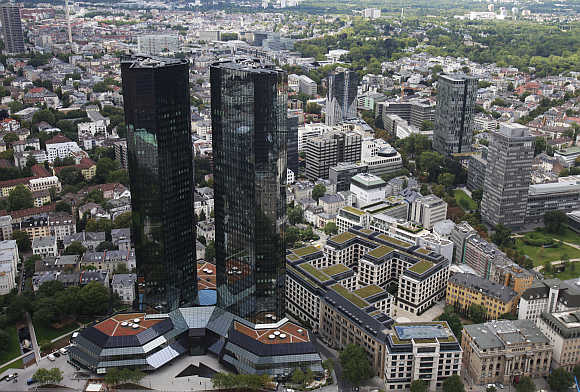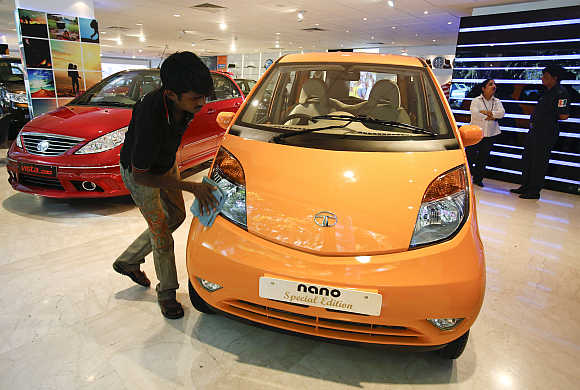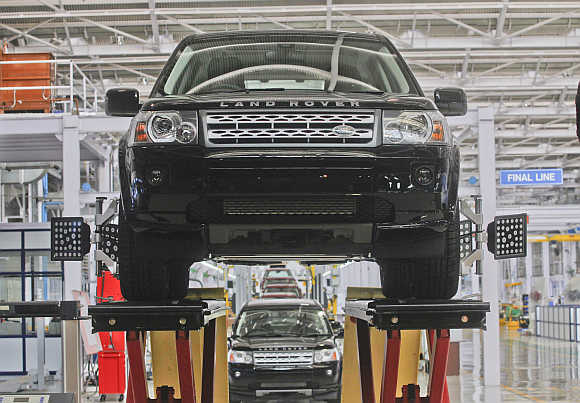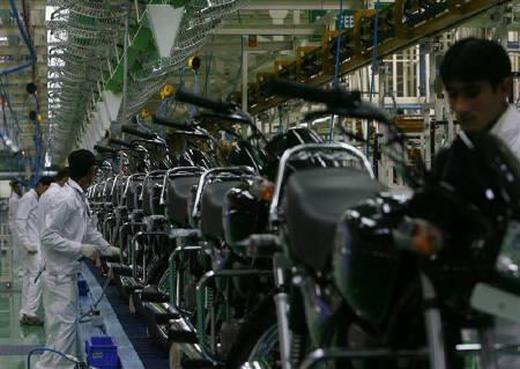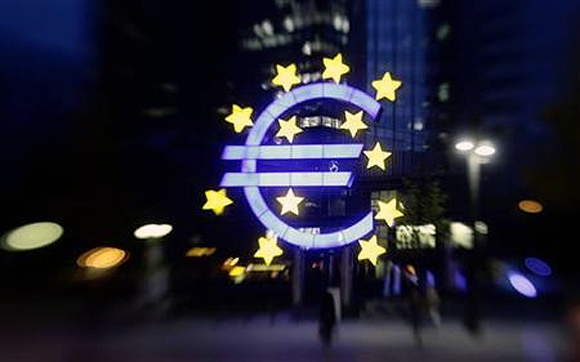 | « Back to article | Print this article |
How the India-Europe bilateral trade pact will help
Time is running out for a possible India-Europe bilateral trade investment agreement that would be beneficial for both parties, says T S Vishwanath.
The timelines for a possible India-Europe bilateral trade and investment agreement are getting tight with both sides supposedly failing to close the deal on some critical issues.
While this could risk hurting several years of negotiations that have been undertaken by both sides, it is also important to note that the final deal should be based on a clear win-win for both partners.
First, it is important to note that an agreement can be beneficial for both sides if it is balanced and addresses the sensitivities that have been highlighted by the two partners.
But time is of essence and the 28-nation European Union (EU) and India should now look at arriving at a consensus on issues by the end of July, if an agreement has to be signed.
Once the negotiators finish their negotiations the two sides may require some time to complete the legal document and then clearances would be needed which could take time.
Click NEXT to read more…
How the India-Europe bilateral trade pact will help
The EU would take longer to get clearances, as its processes take more time. A delay in completing the negotiations soon could possibly mean that an agreement, if at all, would be put off by about a year or two.
The year-long hiatus would be prompted by the fact that elections in India are expected to be held in the middle of next year and by the time a new government takes charge it would be time for the current European Commission to pack up. Therefore, negotiations can begin again, if at all, only in early 2015.
The EU is India’s largest trade partner and a trade deal can be beneficial for both sides. Negotiators surely know this. But what seems to be holding back the deal is the level of ambition that some sectors are hoping to achieve.
An important area of divergence seems to be in the auto sector. Various reports seem to suggest that the EU is keen on getting a zero-duty offer from India in this sector.
Click NEXT to read more...
How the India-Europe bilateral trade pact will help
Certainly, that does not seem achievable. But then it is important to recognise that the stand taken by the Indian auto sector also provides no flexibility to our negotiators. The EU will need to realise that even a slight opening, if achieved, can be a good starting point for future discussions.
Given the current state of play, some sectors in India need to take a more proactive role if they wish to see a conclusion to a bilateral free trade agreement (FTA). Some of the obvious gainers in India from such a deal include the information technology sector and the textiles and clothing sector.
Interestingly, one does not see much of a public stand by either of these sectors in advocating an early conclusion towards a deal.
The current deadlock, therefore, provide us with some pointers to help make such trade agreements far more effective and worthwhile for the government and the industry.
Click NEXT to read more…
How the India-Europe bilateral trade pact will help
First, the industry needs to play a far more proactive role during such negotiations. This is especially for sectors, that stand to gain from FTAs. Their role should not be limited to back-room lobbying but a more public positioning of their support for a deal. This will help build public opinion in favour of FTAs.
As of now, public positioning by the industry for an agreement is more focussed on the negative impact rather than about the opportunities that such deals would provide. This vitiates the environment for any FTA.
Second, the industry needs to start track two with counterparts in the other country/countries, as soon as official negotiations begin to ensure that the feedback to negotiators is based on a better understanding of the industry position on the other side.
Click NEXT to read more…
How the India-Europe bilateral trade pact will help
Third, the industry should desist from adopting a “one-size-fits-all” approach with all trade partners. This seems to be a case in some sectors, that have taken a defensive view for nearly all the FTA negotiations.
Fourth, foreign investors in India need to play a more active role in providing inputs to the government when such negotiations take place.
Such FTAs can help develop global value chains and multinational companies in India that have not advocated such a view, as yet.
Taking this thought forward, Indian companies, too, should look at these agreements as stepping stones to build value chains across countries.
The writer is Principal Adviser at APJ-SLG Law Offices.
